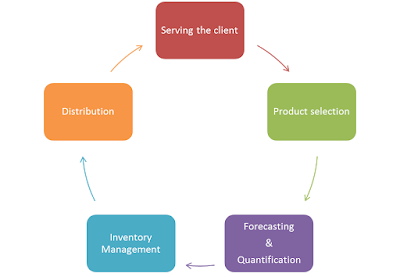Developing your training skills: The art of classroom management (Part 2)

Input from http://www.ascd.org/publications/educational-leadership/sept03/vol61/num01/The-Key-to-Classroom-Management
In the last lesson on the art of classroom management, we learnt about managing the training environment. We will continue with how to
achieve an appropriate level of cooperation. Note the word “appropriate”; it is
another word for "moderation". We should show moderation in our dealings with
others and remain as professional as possible.
In Part 2 of the series, we will take a look at how to maintain an appropriate level of cooperation through flexible learning goals, personal interest, positive classroom behaviour and being aware of high-needs participants
1. Flexible learning goals
- Always allow the participants to share their own expectations and/or prior experience related to the training or topics. That is the best way to ensure flexibility. If it is outside your scope, be helpful in referring them to materials or someone with more experience in that area.
2. Personal interest
It is as simple as doing the following:
- Having tea break and lunch with participants
- Greeting participants
- Calling them by their names
- Sharing similar appropriate interest outside the classroom e.g. sport, gym
- Acknowledging their input in class
3. Equitable and positive classroom behaviours
- Make eye contact. Scan the entire room as you speak and freely move to sections of the room
- Deliberately move towards and/or stand close to a participant but remember maintain appropriate distance. Here we all need to be culturally sensitive.
- Attribute ownership of ideas to the participants e.g. Aminat said …………..
- Encourage participation. Don’t just say it but drive it by taking note of passive students
- Allow participants to respond to question even if it takes time for them to put their thoughts together.
In Part 3, we will learn how to identify and deal with high needs participants/students


Comments
Post a Comment